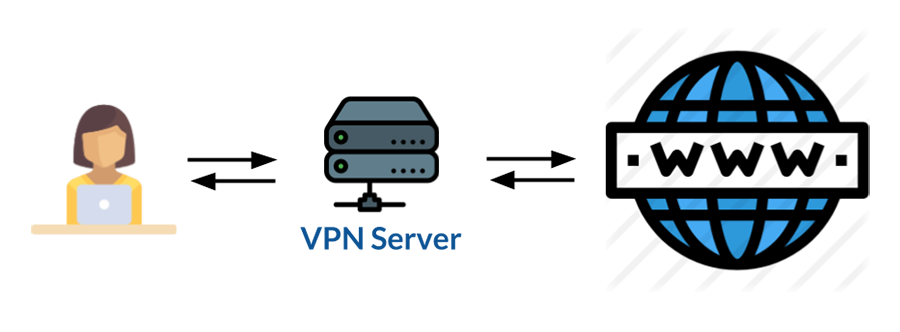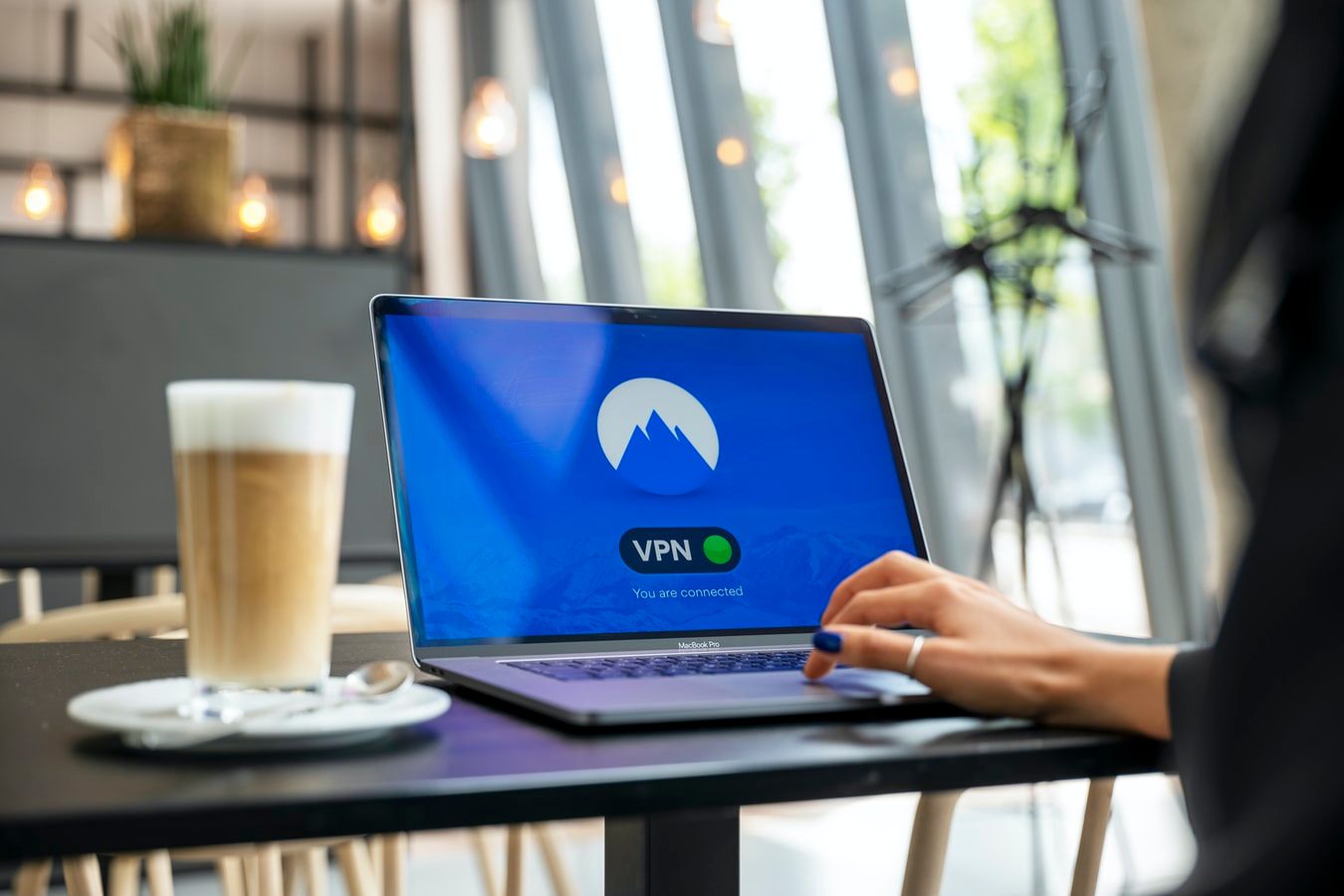Can a VPN really guarantee anonymity online?

Many people think that using a VPN allows you to surf anonymously, ensuring that no one can identify who you are when you browse websites and use online services. But that's not the case, and you risk revealing your identity even with a VPN. Why can't a VPN guarantee anonymity online? Let's explain why.
Why does a VPN protect privacy?
First of all, we must be clear: VPNs can provide better privacy protection, which cannot be denied. However, privacy does not equal anonymity, and a VPN can protect privacy, but it cannot guarantee anonymity.

When you connect to a VPN, an encrypted connection is established between the device you are using and the VPN server (see: What is a VPN? ). Since the traffic is encrypted, no one can see what you're doing, including the websites you're viewing, the messages you're sending, the files you're downloading, etc.
However, this privacy protection is limited to the encrypted portion of the traffic, which is the connection between you and the VPN server. And a VPN server can see exactly which websites you're visiting, who you're talking to, when you're talking, and for how long.
The connection between the VPN server and the website (or web service) being visited is not additionally encrypted like the traffic between you and the VPN server, but your identity is protected because the server changes your IP address. For better protection, some VPNs also offer a "double VPN" service, where your connection goes through two servers and your IP address changes twice.
An IP address can be used to trace back to a specific location, as can the identifiers of your Internet-connected devices (such as "iPhone 12") that may reveal personal information about you. But when you use a VPN, you get a new IP address that masks your real address. Coupled with the use of a different DNS service, a VPN helps prevent your personal information from being detected by visited websites.
Why VPNs can't guarantee anonymity online?

When you log in to a website with your account, your personal information (which may be limited to EMAL) is known and recorded by the website server. If your account also stores your name, address, gender, date of birth, and payment information, it's more clear who you are.
Plus, as mentioned earlier, the VPN server can see your online behavior. Unlike your ISP, a good VPN doesn't log this information. However, if forced by official pressure or other reasons, it is not impossible for VPN service providers to leak your information.
Also, for those with the proper knowledge and tools, it's not impossible to find out who you are based on your digital footprint (the pieces of information you leave behind as you use the internet). Sure, VPNs and encryption make it difficult, but the thing is, it's not entirely impossible.
You should also know that even if your connection is encrypted (even email content, chat messages are encrypted), the metadata of your online traffic is not encrypted. Take Signal, an online communication tool. Signal is a great app if you want to communicate securely, but even though your chats are encrypted, the metadata can reveal who you're talking to, even if it doesn't. Say something.
Bottom line, VPNs don't provide anonymity, but they do give you extra privacy and security.
For special people who must need to surf anonymously (such as Edward Snowden), it is recommended to use the Tor network to achieve anonymous surfing. For ordinary people, VPN is still worth recommending, because VPN can at least better protect personal privacy.
How to choose a safe VPN?
Not all VPN service providers put the user's personal privacy protection in an important position. Many VPN service providers record user traffic information. Once this information is leaked, the user's personal privacy will be threatened. According to the evaluations and VPN recommendations of many network security websites, the following VPNs are the most recommended in terms of protecting user privacy (many of which can also be used as circumvention VPN software for circumvention in China):
Summarize:
VPNs don’t provide anonymity, but they do give you an extra layer of privacy and security. If you need to surf the Internet completely anonymously, the Tor network is recommended. For ordinary users, it is recommended to choose a VPN service provider that pays attention to protecting user privacy.
Like my work? Don't forget to support and clap, let me know that you are with me on the road of creation. Keep this enthusiasm together!
